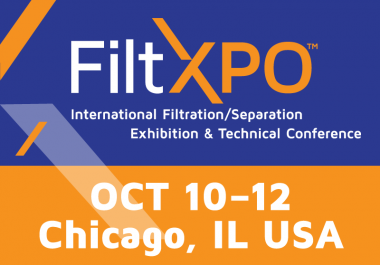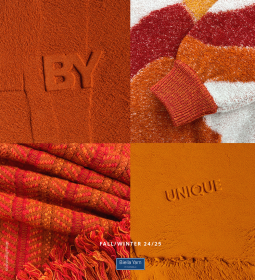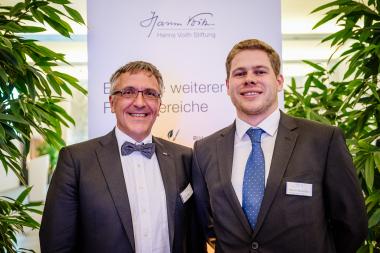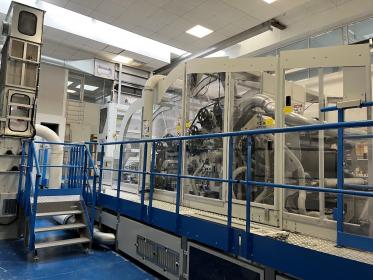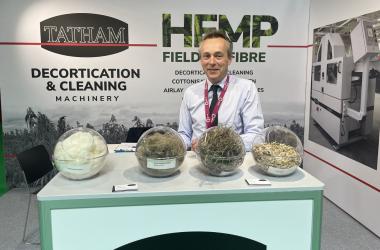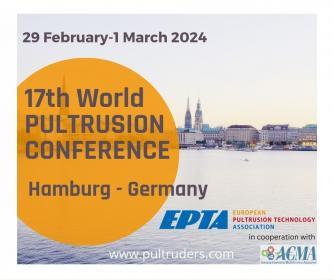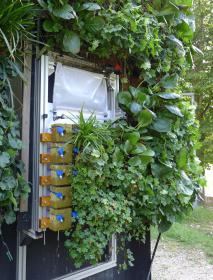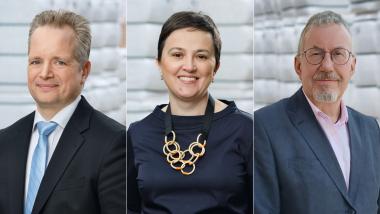INDA Announces Conference Program for Hygienix™ 2023
INDA, the Association of the Nonwoven Fabrics Industry, announced the conference program for Hygienix™ 2023, November 13-16 to be held at The Roosevelt New Orleans Hotel, New Orleans, LA.
The program details can be found on the Hygienix website.
The keynote speaker is Courtney Scharf, Chief Client Officer, Trend Hunter. Trend Hunter leverages big data, human researchers, and AI to identify consumer insights, and deep dive opportunities for the world’s most innovative companies, such as Unilever, Colgate-Palmolive, Georgia-Pacific, Kroger, Johnson & Johnson, Reckitt Benckiser, Samsung, and Bacardi. Trend Hunter utilizes Artificial Intelligence and research to identify and curate top insights and trends to advise brands and businesses in their pursuit of innovation.
The Hygienix program will feature thought leaders in consumer-centric innovations, the circular economy, raw material advancements in sustainability, opportunities for advanced recycling in absorbent hygiene, optimizing the packaging footprint, new approaches for odor control, and market trends and drivers.
Experts presenting at Hygienix include:
- Aquapak Polymers Ltd. – “Creating Sustainable Nonwovens for Hygiene Applications with Thermally Processable Polyvinyl Alcohol; A Water Soluble, Environmentally Friendly and High-Performance Polymer”
- Asahi Kasei Advance Corporation – “Continuous-Filament Cellulose Nonwovens”
- Confitex Technology – “Reusables Production: It’s Not All Green”
- Egal Pads, Inc. – “Closing the Circularity Gap One Used Pad at a Time”
- Essity – “Diaper Collection & Recycling in Australia”
- ExxonMobil Chemical Company – “Innovate New Levels of Strong Comfort with Hygiene Solutions”
- Henkel Corporation – “Reducing the Packaging Waste from Personal Hygiene Products”
- INNOVATEGRN – “Accelerating Innovation / Embracing a Consumer-Centric Approach”
- Kuraray Europe GmbH – “Safe and Eco-friendly Elastics for Absorbent Hygiene Products”
- Nexus Circular – “Increasing Plastics Circularity for the Hygiene Segment Through Advanced Recycling”
- W. Pelz GmbH –“Disposable Pads Meet Reusable Underwear”
- Price Hanna Consultants – “Squaring the Circle: Why Demonstration Projects = Good Sustainability Strategy” and “Wellness and Natural Materials”
- Rem Brands, Inc. – “Effective Reduction of Material Odors, In-use Odors, and Post-use Odors”
- Sequel – “Spiraling into Business: How a Dramatic Innovation to the Tampon Met the World’s Largest Manufacturer of Feminine Hygiene”
- Sparkle Innovations Inc. – Sustainability and Circularity in the Absorbent Hygiene Products Industry”
The Hygienix program will offer a hands-on workshop as well as two pre-conference webinars. Jim Robinson, Principal, Absorbent Hygiene Insights, LLC, will lead the in-person workshop on AHP Absorbent Hygiene Systems, Monday afternoon, November 13th. This workshop evaluates SAP absorption for different SAPs and participants have the opportunity to deconstruct and examine several hygiene products including infant, adult, and period care products to increase the understanding of these systems.





